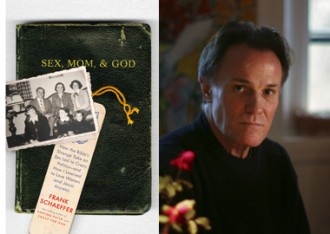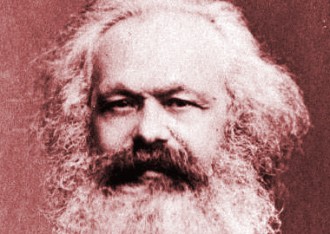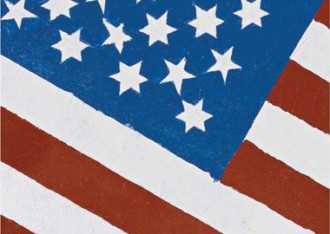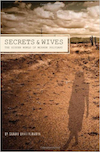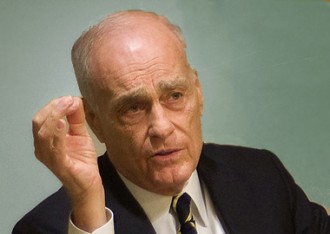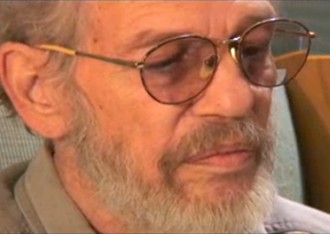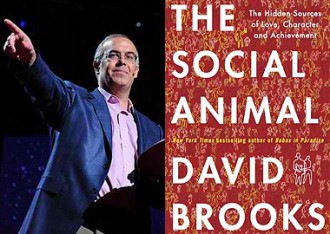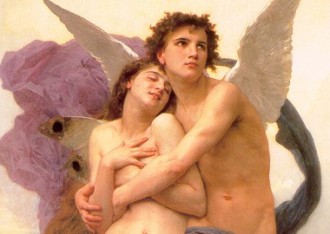
Devil’s Bookmark: Sex and Drugs and Hating God
It’s been over a decade since the final installment of Philip Pullman’s subversive fantasy trilogy was published, with no new work in sight. So what are devotees of Oxford’s Rebel Angel to do? Well, they could do worse than to remember an old hand at religious satire: Anatole France. While my local big-box bookstore doesn’t carry a single one of his titles, this Nobel Prize winner (for literature, 1921) is among the world’s greatest satirists. He is also the writer of a clever piece of speculative fiction, Revolt of the Angels (1914), that comes across a bit like Pullman—drunk on sacramental wine.
Read More


